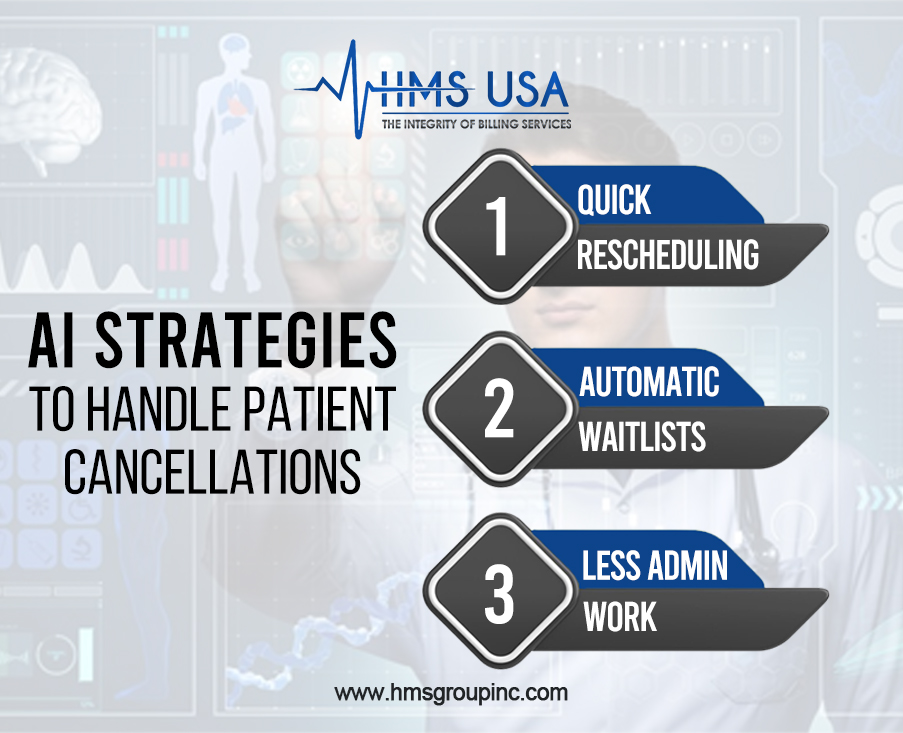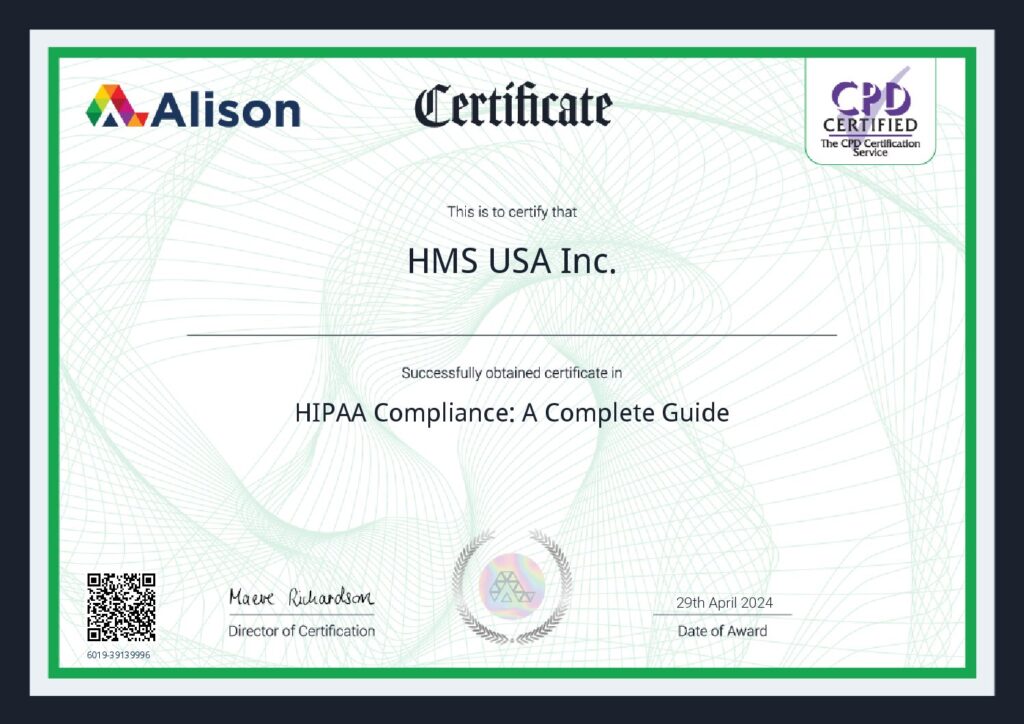Missed appointments, or patient no-shows, are one of the biggest challenges in AI and healthcare management. They waste valuable time, disrupt clinic schedules, and increase costs. In fact, patient no-shows cost the U.S. healthcare system an estimated $150 billion annually, with rates as high as 23%–33% in outpatient clinics.
To address this, providers are increasingly adopting Ai in healthcare. Artificial Intelligence (AI) and Machine Learning (ML) can predict which patients are likely to skip appointments, send more targeted reminders, and help fill cancelled slots, keeping providers efficient and patients on track.
In this blog, we’ll explore how AI and ML are reducing costly no-shows, practical AI strategies to manage cancellations, and the future of patient scheduling.
What Is AI and ML?
Artificial Intelligence (AI) refers to computer systems designed to mimic human intelligence, including aspects such as decision-making and problem-solving.
Machine Learning (ML), a branch of AI, uses past data to identify patterns and improve performance over time. In healthcare, ML analyses appointment behaviour and predicts no-shows with remarkable accuracy.
Understanding the Cost of Patient No-Shows
A single missed appointment costs clinics between $150 and $200. Beyond lost revenue, no-shows disrupt provider workflows, delay care, and limit access for other patients.
Empty slots waste staff time and resources, while gaps in care may negatively impact patient outcomes. Clearly, reminder calls alone aren’t enough; smarter, data-driven solutions are needed.
Role of AI and ML in Healthcare
AI and healthcare are already closely intertwined. By reviewing past appointment records, AI can predict which patients are at a higher risk of missing visits.
Machine learning models factor in age, prior attendance, appointment time, and even weather patterns to identify behavioural trends. With these insights, providers can:
- Send proactive reminders
- Offer flexible scheduling
- Prioritise high-risk patients
Explore advanced automation in appointment management with AI healthcare solutions from HMS USA Inc.
Practical AI Strategies to Reduce No-Shows
Artificial intelligence (AI) is helping healthcare providers reduce missed appointments by leveraging smart data and automation.
Spotting Patients at Risk of Missing Appointments
AI scans past attendance, medical history, and patient habits to identify who might skip a visit.
Smart reminders
Automated reminders are sent via text, email, or chatbot at the right time, giving patients quick options to confirm, cancel, or reschedule.
Personalized messages
AI customises communication to patient preferences, such as sending evening texts or detailed emails. Personalised reminders increase response rates.
Flexible scheduling
AI suggests appointment times that align with both patient routines and provider availability, reducing cancellations.
AI Strategies to Handle Patient Cancellations
Even with strong prevention methods, cancellations still occur. AI strategies to handle patient cancellations include:

- Quick Rescheduling – Instantly offering new slots to other patients.
- Automatic Waitlists – Alerting patients waiting for earlier appointments when slots open.
- Reduced Admin Work – Automating reminders, rescheduling, and confirmations, freeing staff for patient care.
Benefits for Providers and Patients
For providers
- Lower revenue loss from fewer no-shows
- More efficient use of staff time
- Smoother workflows and reduced costs
For patients
- Easier appointment management through reminders and rescheduling options
- Personalised communication that makes them feel valued
- Consistent care that improves health outcomes
Future of AI in Healthcare Appointment Management
AI is changing the way healthcare providers manage appointments. The focus is on saving time, reducing costs, and enhancing the patient experience.
What’s Next for AI in Scheduling
Future AI tools will go beyond reminders, offering conversational AI for patient interaction and predictive models for long-term scheduling needs.
Working Together with Telehealth
AI will increasingly integrate with telehealth, offering scheduling for both in-person and virtual visits while ensuring patients are matched with the proper care.
Protecting Privacy and Building Trust
As AI adoption continues to grow, providers must ensure HIPAA compliance, transparency, and fairness to maintain trust and confidence. Building trust is crucial for the safe and responsible use of AI in healthcare.
Closing Thoughts
AI and ML are proving to be powerful tools in healthcare appointment management. From practical AI strategies, such as personalised reminders, to AI solutions for handling patient cancellations, these tools reduce no-shows, cut costs, and improve care delivery.
Ready to adopt AI in healthcare for more innovative scheduling? Connect with HMS USA Inc to explore AI-driven solutions that reduce no-shows and strengthen patient care.
FAQs
Why are patient no-shows a problem for healthcare providers?
No-shows result in revenue loss, disrupt workflows, and delay care for other patients who require appointments.
How does AI help in healthcare to cut down no-shows?
AI analyses patient behaviour patterns to predict missed visits, then uses smart reminders and flexible scheduling to prevent them.
What are some practical AI strategies for reducing no-shows?
Smart reminders, personalised messages, flexible scheduling, and predictive analytics are proven strategies.
Can AI help when patients cancel at the last minute?
Yes. AI systems can automatically reschedule appointments, notify patients on the waitlist, and help keep provider schedules full.
What are the benefits of using AI for managing appointments?
AI reduces costs, increases efficiency, saves staff time, and helps patients access timely care.











